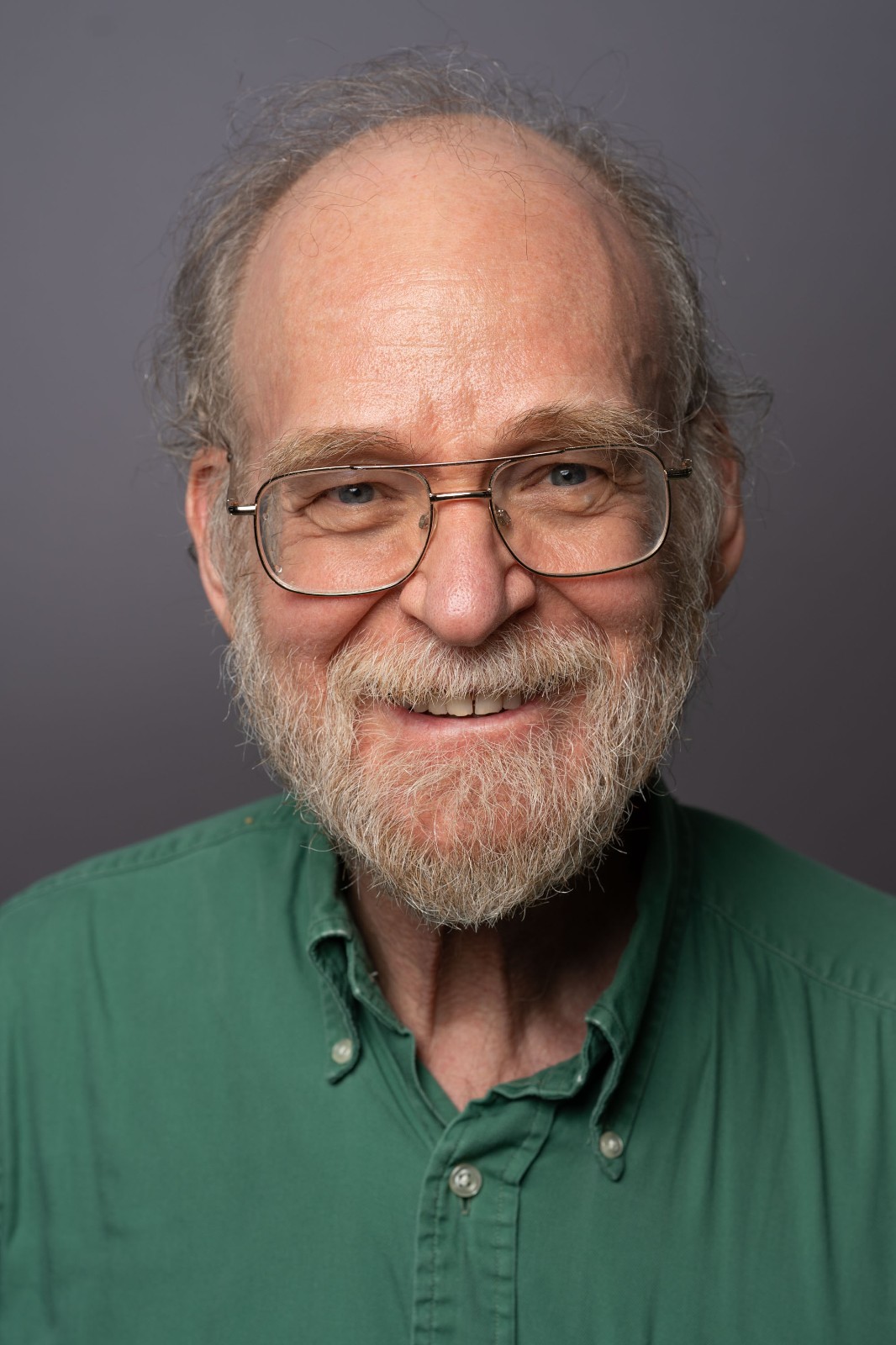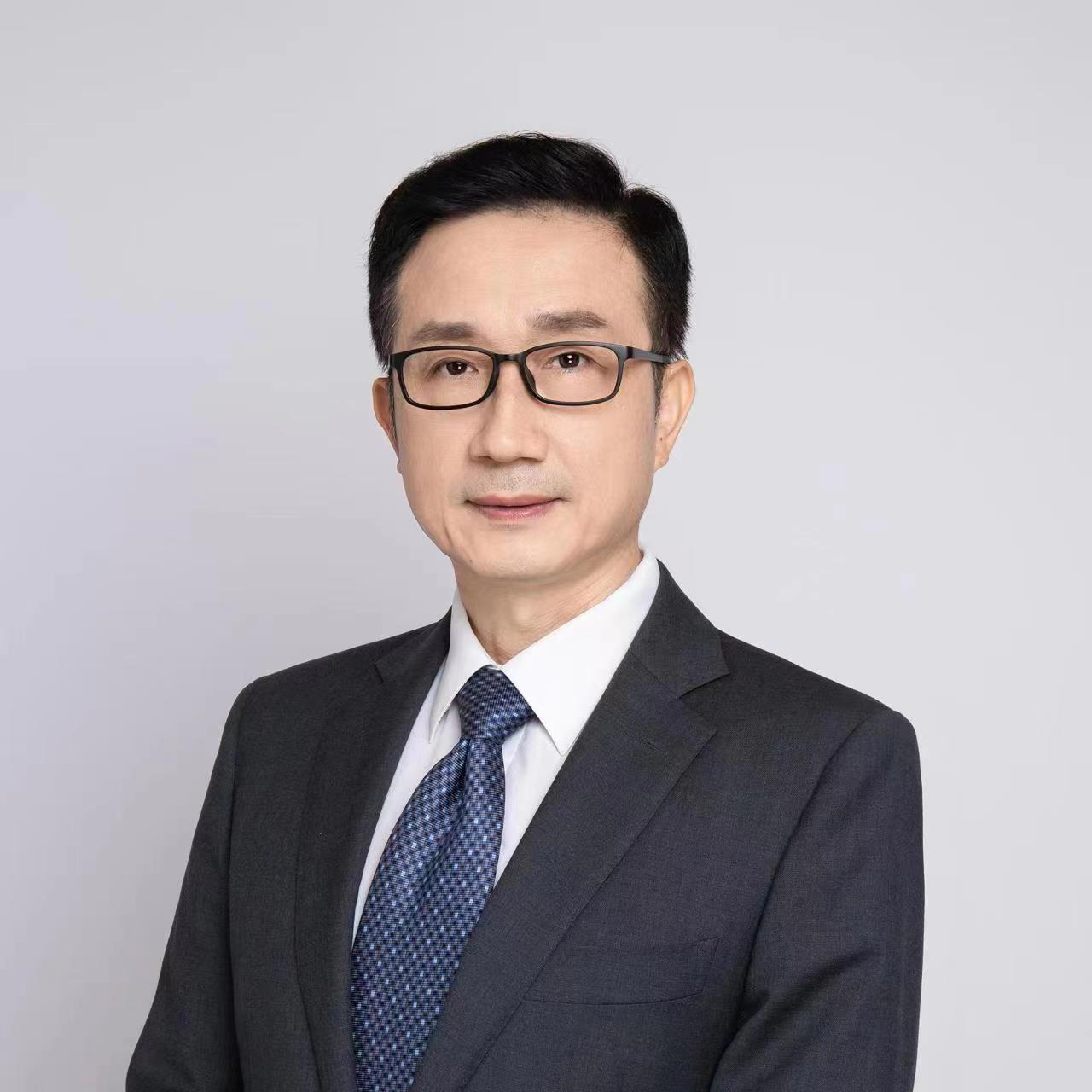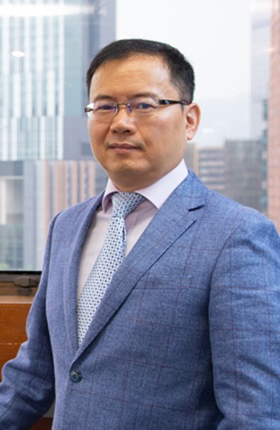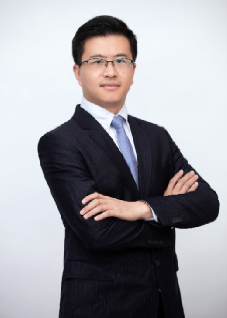

Prof. Joseph Halpern
Cornell University
Joseph Halpern received a B.Sc. in mathematics from the University of Toronto in 1975 and a Ph.D. in mathematics from Harvard in 1981. In between, he spent two years as the head of the Mathematics Department at Bawku Secondary School, in Ghana.After a year as a visiting scientist at MIT, he joined the IBM Almaden Research Center in 1982, where he remained until 1996, also serving as a consulting professor at Stanford. In 1996, he joined the Computer Science Department at Cornell University, where he is currently the Joseph C. Ford Professor and was department chair 2010-14.
Halpern's major research interests are in reasoning about knowledge and uncertainty, security, distributed computation, causality, decision theory, and game theory. Together with his former student, Yoram Moses, he pioneered the approach of applying reasoning about knowledge to analyzing distributed protocols and multi-agent systems. He has coauthored 6 patents, three books ("Reasoning About Knowledge", "Reasoning about Uncertainty", and "Actual Causality"), and over 400 technical publications.
Halpern is a Fellow of AAAI, AAAS (American Association for the Advancement of Science), the American Academy of Arts and Sciences, ACM, IEEE, the Game Theory Society, the National Academy of Engineering, and SAET (Society for the Advancement of Economic Theory). Among other awards, he received the Kampe de Feriet Award in 2016, the ACM SIGART Autonomous Agents Research Award in 2011, the Dijkstra Prize in 2009, the ACM/AAAI Newell Award in 2008,
the Godel Prize in 1997, was a Guggenheim Fellow in 2001-02, and a Fulbright Fellow in 2001-02 and 2009-10. Two of his papers have won best-paper prizes at IJCAI (1985 and 1991), and another two received best-paper awards at the Knowledge Representation and Reasoning Conference (2006 and 2012). He was editor-in-chief of the Journal of the ACM (1997-2003) and has been program chair of a number of conferences, including the Symposium on Theory in Computing (STOC), Logic in Computer Science (LICS), Uncertainty in AI (UAI), Principles of Distributed Computing (PODC),and Theoretical Aspects of Rationality and Knowledge (TARK). He started the computer science section of arxiv.org, and serves on its advisory board.
Title: Actual Causality: A Survey
Abstract: What does it mean that an event C ``actually caused'' event E? The problem of defining actual causation goes beyond mere philosophical speculation. For example, in many legal arguments, it is precisely what needs to be established in order to determine responsibility. (What exactly was the actual cause of the car accident or the medical problem?) The philosophy literature has been struggling with the problem of defining causality since the days of Hume, in the 1700s. Many of the definitions have been couched in terms of counterfactuals. (C is a cause of E if, had C not happened, then E would not have happened.) In 2001, Judea Pearl and I introduced a new definition of actual cause, using Pearl's notion of structural equations to model counterfactuals. The definition has been revised twice since then, extended to deal with notions like "responsibility" and "blame", and applied in databases and rogram verification. I survey the last 15 years of work here, including joint work with Judea Pearl, Hana Chockler, and Chris Hitchcock. The talk will be completely self-contained.

Prof. Hui Li
Peking University, China
Li Hui, Professor of Peking University, B. Degree of Tsinghua University, PhD of CUHK, Director of Peking University Laboratory of National Major Science and Technology Infrastructure Future Network, Academician of Russian Academy of Natural Sciences, Chief Information Scientist of International Academician Science and Technology Innovation Center, member of the United Nations World Digital Technology Academy; Zhongguancun Military-civilian integration information equipment industry promotion Association GW constellation network chief engineer; Vice president of Network Security Mimic Technology and Industrial Innovation Alliance of Ministry of Industry and Information Technology; Director of IEEE Blockchain Shenzhen Expert Committee.
Propose a complete set of architecture and protocol suit MIN for the concept of a community with a shared future in cyberspace globally, promote its research and development and standard formulation in high-security network systems for intelligent connected vehicles, and maintain a record of never beaten in all network attack and defense competitions, including real vehicle driving challenges, without paying a penny as rewards. It has completely solved the current problem of IP network space being monopolized and lacking security genes.
In recent years, MIN has been invited to nearly 200 keynote speeches, including the 27th United Nations Science and Technology Conference in Geneva in 2024, the United Nations Industrial Organization Smart Manufacturing Summit in Vienna, the International Side Event of the World Internet Conference in Wuzhen in 2023, the Digital China Summit, and the Science Conference of the Guangdong-Hong Kong-Macao Greater Bay Area. Selected as a result of the Global think tank essay competition for jointly building a community with a shared future in cyberspace by the Cyberspace Administration of China and published in China Cyberspace Administration in October 2023. The 2024 global alumni newsletter of Tsinghua University, "Water and Wood Tsinghua", has feature a special report about Prof. LI on "Guardians of the Digital Age".
Title: Solution of the Community of Shared Future Cyberspace: MIN-- on The "Newton's Three Theorems" for Ensuring Permanent Peace in Cyberspace
Abstract: IP network has three fatal defects, one is its Cyberspace is exclusive monopoly; Second, it has no any security gene, so accidents emerge in endlessly, and cannot be eradicated; Third, the cost in evolution and upgrading of the architecture is huge and the time is very long. On behalf of the Chinese government in 2015, President XI Jinping proposed the idea of a community of shared future in cyberspace for the first time in the world, which was widely recognized now. So where is the technical solution to implement this idea? Answer: CoG-MIN is the first and only comprehensive solution to the above three IP problems in the world. In this report, we will introduce its principle, applications, challenges and open problems.
Prof. Hui LI is a Professor of Peking University. He was the first scholar in the world who has systematically pointed out the three gene defects of the TCP/IP network:(A) cyberspace sovereignty is monopolized unilaterally. (B) lack of security genes, so security accidents keep breaking, and privacy protection is difficult. (C) The protocol is solidified, so the evolution and upgrading is long time and high cost.Professor Hui LI first put forward the three conjectural theorems of cyberspace security in the world:(D) Theory A: There is no technical solution to ensure security in IP cyberspace. (E) Theory B: Taking IP space as a frame of reference, there are security deterministic technical solutions in the future cyberspace that can quantitatively and exponentially improve the performance against network attacks. (F) Conjecture C: There may be deterministic security solutions in future cyberspace.

Prof. Qing Li
Hong Kong Polytechnic University, China
Qing Li is a Chair Professor and Head of the Department of Computing, the Hong Kong Polytechnic University. He received his B.Eng. from Hunan University (Changsha), and M.Sc. and Ph.D. degrees from the University of Southern California (Los Angeles), all in computer science. His research interests include multi-modal data management, conceptual data modeling, social media, Web services, and e-learning systems. He has authored/co-authored over 500 publications in these areas, with over 53,000 citations and H-index of 93 (source: Google Scholars). He is actively involved in the research community and has served as an Editor-in-Chief of Computer & Education: X Reality (CEXR) by Elsevier, an associate editor of IEEE Transactions on Artificial Intelligence (TAI), IEEE Transactions on Cognitive and Developmental Systems (TCDS), IEEE Transactions on Knowledge and Data Engineering (TKDE), ACM Transactions on Internet Technology (TOIT), Data Science and Engineering (DSE), and World Wide Web (WWW) Journal, in addition to being a Conference and Program Chair/Co-Chair of numerous major international conferences. He also sits/sat in the Steering Committees of DASFAA, ACM RecSys, IEEE U-MEDIA, WISE and ICWL. Prof. Li is a Fellow of IEEE.
Title: A Multi-level Querying Method for an Indoor Robot Smart Space
Abstract: Smart Space denotes dynamic, adaptive environments enhanced with robotics and AI technologies. Examples include smart homes/offices/cafes. By leveraging and integrating Computer Vision, Natural Language Processing, AIoT, Data Mining, Recommender Systems, and Sympathetic Computing, Smart Space can help improve efficiency, personalization, and user satisfactions with seamless interactions. In this talk, we introduce PolyRAG, a multi-level knowledge QA framework supporting multi-level querying for an indoor robot application system. Building on top of a naive RAG layer, we build a knowledge pyramid by adding a knowledge graph layer and an ontology schema, so as to obtain a good balance of recall and precision when applied to a specific domain such as coffee robot interactions. We employ cross-layer augmentation techniques for comprehensive knowledge coverage and dynamic updates of the Ontology scheme and instances. To ensure compactness, we utilize cross-layer filtering methods for knowledge condensation in KGs. An experimental coffee robot prototype is constructed, and preliminary empirical studies are conducted to show the effectiveness of our PolyRAG supporting a waterfall model for querying from ontology to KG to chunk-based raw text.

Prof. Kunjie Yu
Zhengzhou University, China
Kunjie Yu, a distinguished professor at Zhengzhou University and a doctoral supervisor, is a high-level talent in Henan Province, a leading young talent in Central Plains, a provincial outstanding youth in Henan, and a talent for scientific and technological innovation in Henan Province. He is also the deputy director of the Henan Province Engineering Research Center for Optimization and Intelligent Control Technology. His research focuses on the theory and application of swarm intelligence optimization. He has successively presided over three projects of the National Natural Science Foundation of China and eleven provincial and ministerial-level projects including the Key Research and Development Program of Henan Province. He has published over 60 SCI-indexed papers in IEEE Transactions on Evolutionary Computation, IEEE Transactions on Cybernetics, IEEE Transactions on Systems, Man, and Cybernetics: Systems, and other top journals, among which over 40 are first or corresponding author papers. His Google Scholar citations exceed 7,000, with an H-index of 39. He has 14 ESI highly cited papers and 1 ESI hot paper. He has been listed on the top 2% of the world's scientists by Stanford University for five consecutive years. He has received awards such as the National Excellent Postdoctoral Award for Innovation and Entrepreneurship, the Young Scientist Award of the Intelligent Simulation Optimization and Scheduling Professional Committee of the Chinese Society of Simulation, and the First Prize of Scientific and Technological Achievements of the Henan Provincial Department of Education. He serves as an editorial board member of three international SCI journals, the deputy secretary-general of the Intelligent Simulation Optimization and Scheduling Professional Committee of the Chinese Society of Simulation, a member of the Youth Working Committee of the Chinese Association for Artificial Intelligence, and a member of the Youth Working Committee of the Chinese Association of Automation.
Title: Constrained Multiobjective Evolutionary Optimization
Abstract: As a typical problem in the field of optimization research, constrained multi-objective optimization problems are ubiquitous in industrial applications and scientific research. To solve such problems, it is necessary to simultaneously optimize multiple conflicting objectives under various constraints. How to efficiently and accurately find the Pareto optimal solution set that compromises multiple objectives and satisfies the constraints has always been the focus of research. This report will introduce the challenges brought by the existence of complex constraints to optimization problems, as well as existing related research work. Subsequently, it will present the research progress of the team in constrained multi-objective optimization, dynamic constrained multi-objective optimization, constrained multimodal multi-objective optimization, and the design of algorithm recommendation systems, as well as the application research of algorithms in practical scenarios such as personalized drug target identification for cancer, production scheduling in process industries, and collaborative scheduling of multiple agricultural machinery. In addition, the report will also discuss the current challenges and opportunities in constrained evolutionary optimization.